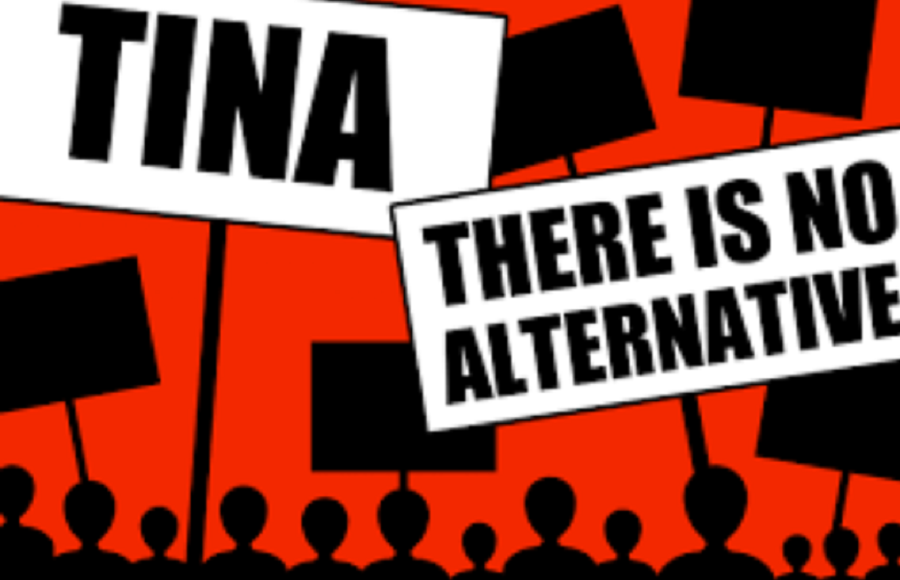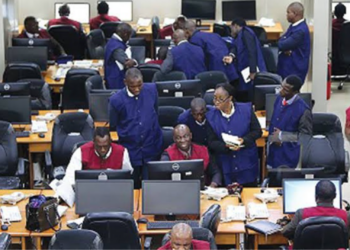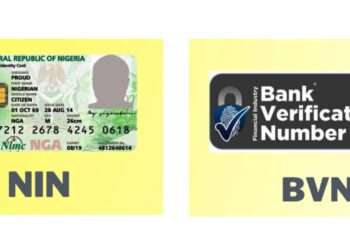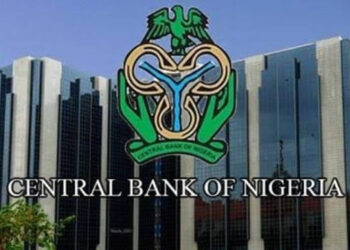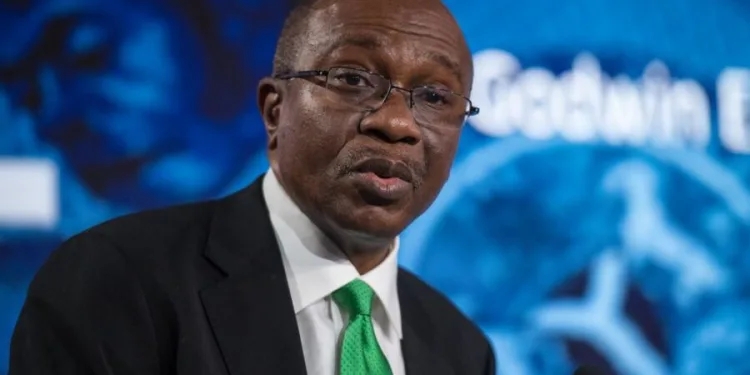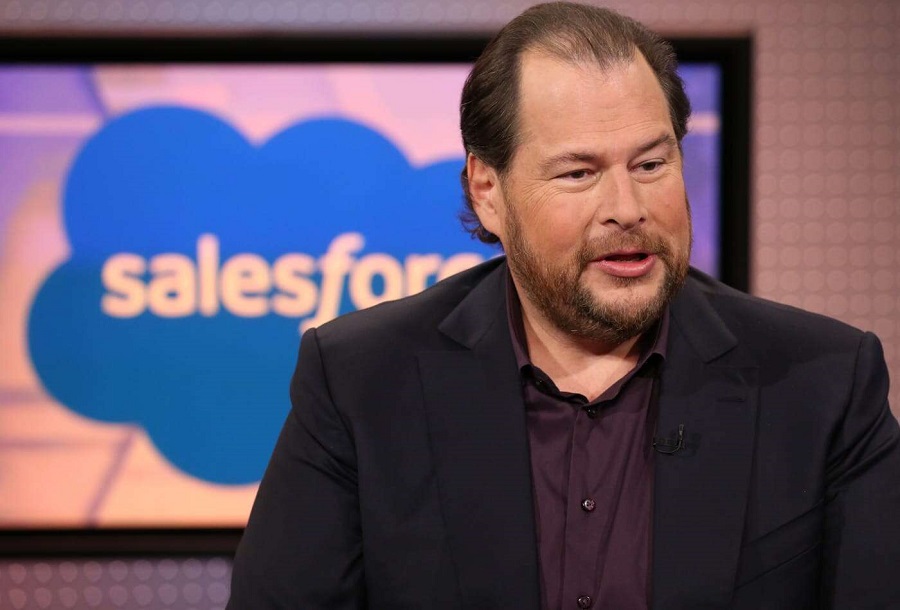This week, I want to talk about T.I.N.A….(no not the girl)
T.I.N.A. is an acronym for There Is No Alternative. It is used to describe a situation where the markets have excess liquidity and have no outlet to invest, so they invest in low yielding government securities because there is simply no alternative out there.
The financial markets today are awash with liquidity.
In the US for example, the CARES Act 1 cost an estimated $2.3t (11% of US GDP) including $510b to prevent bankruptcies and $349b in Small Business Administration Loan.
All this cash simply increases the liquidity of the financial system. The US Federal Reserve further lowered rates to a band of 0-0.25% in March 2020, the effect? Rates offered by banks on deposits have crashed.
Thus investors face an environment where the economy is shut because of Covid-19, and uncertainty persists. The only alternative left to the market is to park their excess funds in a safe place until Covid-19 passes, that safe place being US Treasuries and Bonds.
Thus the Fed and US Treasury can offer the low yielding paper to the market because the market is chasing safety, the investors buy because there is no other safe alternative out there, safety first.
It’s the same in Nigeria, the economy has contracted due to the COVID-19 mandated shut down and also exchange rate and land border closures.
These issues have strained the economy and have been amplified by falling economic output. As a result, investors are very risk-averse and are not willing to expose their capital to risk, thus they are seeking the safety of the sovereign paper.
(READ MORE: The economy may end up weaker if inflation rate is not controlled – CBN report)
The Central Bank of Nigeria (CBN) faced with a glut of liquidity has done what any prudent banker will do, it has dropped the fees it pays to lenders when it borrows money from them.
Thus the Nigeria Treasury bill rate which is the cost of the CBN borrowing at the short end of the market, (less than 365 days) has fallen.
Take the latest auction of Treasury Bills dates 11/11/2020, the rate now being offered by the CBN for 91day and 364-day paper is 0.0350% and .300% respectfully.
The low rates to my mind is not a surprise, but consider that the CBN offered to borrow N19b from the market, but received subscriptions from the markets to place N99b, this at 0.0350%.
Why are investors flooding the Sovereign Debt market with money? Because there is no alternative viz a viz risk and reward.
The Nigerian Stock Exchange All Share Index for instance has fallen from a recent high of 42, 624 in January 2018 to 32, 990 as of the Week ending Friday 20th, 2020.
In essence, the Nigerian investors prefer to book negative real return by holding risk free government paper than take any investment risk by exposing their capital to commercial lending.
(READ MORE: Uber, JP Morgan Chase, Moderna gain, COVID-19 vaccine triggers U.S Stocks Up)
Again this is a normal consequence when there is uncertainty in the markets but the lack for a better word “greed” in the markets has offered the CBN a rare chance to drop rates even in an inflationary environment.
The consequences of T.I.N.A. in the Nigerian financial system is clear.
Low rates will discourage savings, already the Pension Fund Administrators have a decision to make if they will continue to hold a full 8% of their portfolio in a negative-yielding but safe investments. T.I.N.A. also supports the Central Bank of Nigeria’s strategy to force banks to lend to the real sectors.
By dropping the risk-free rates in the economy, the CBN is making a point that there is no more free lunch, rather yield will have to be generated from creating risk assets and earning a return.
This sounds good on paper but the investing environment in Nigeria is yet unchanged positively, new taxes are being proposed, land borders are still shut, wages are still low and falling due to inflation.
In general, the Nigerian consumer is in a weak state with very low buying power, as evidenced by the sachetization of the consumer space. It will take a brave investor to commit funds, but then again, fortune, they say, favors the brave.

